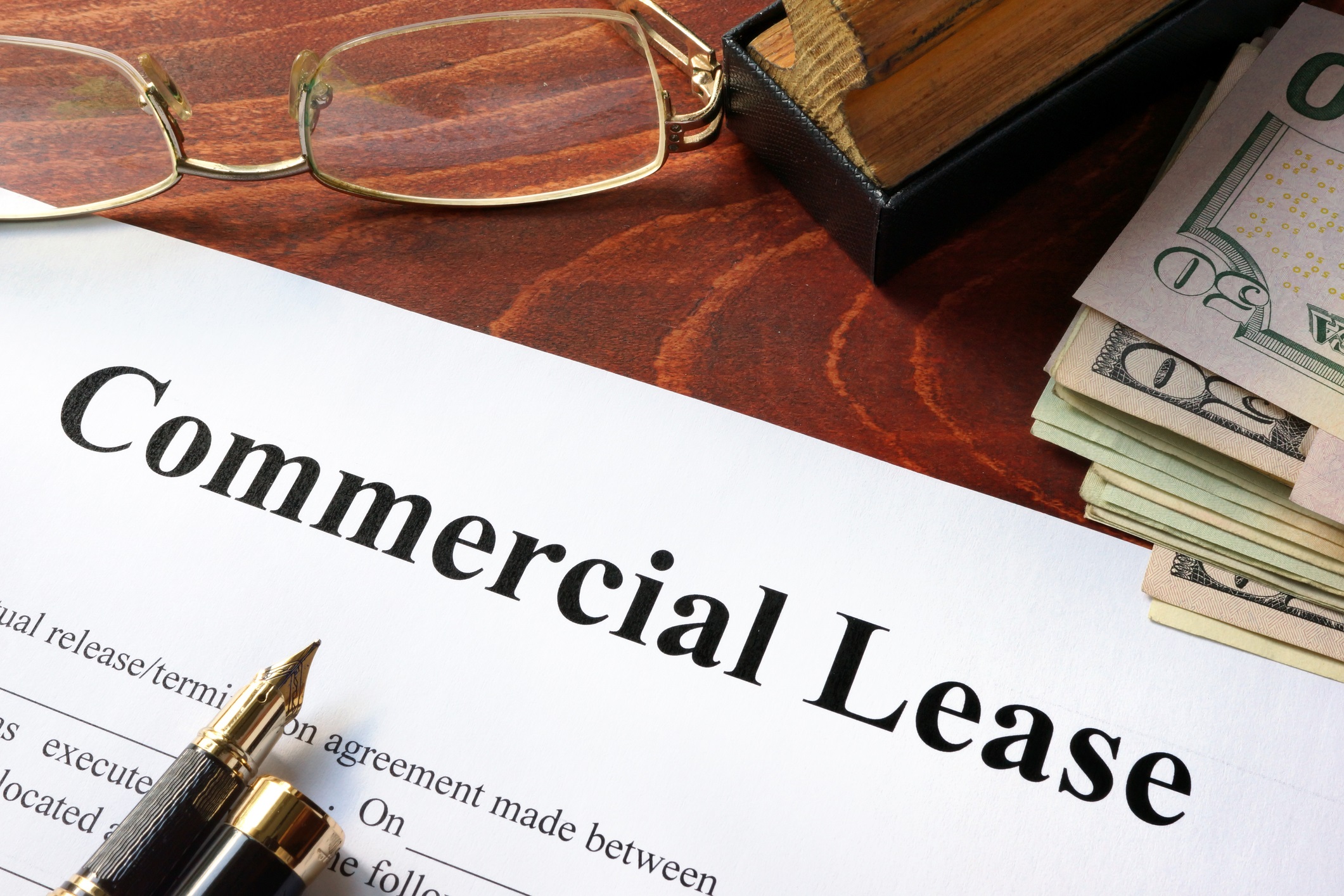Navigating the world of commercial leasing can be daunting, especially for new business owners eager to secure the perfect location for their ventures. Many tenants are unaware of their power to negotiate the terms of their lease agreements, which can significantly impact their success. With the right guidance of a skilled real estate attorney, tenants can find the ideal space and customize the lease to suit their needs. With the right approach, tenants can secure more favorable terms and ensure a successful leasing experience. Below are ten examples of negotiable and critical lease provisions:
- Types of Rent Payment: Landlords often offer various options for rent payment, such as fixed rent, percentage rent based on sales, or a combination of both. Understanding and negotiating the most suitable rent payment structure can significantly impact your business’s financial health.
- Options for Securing Leases: Landlords often seek some form of security from commercial tenants in the form of a personal guaranty. This is an agreement by one or more of the business owners that guarantees to the landlord that if the company fails to make lease payments or defaults on any terms of the lease, the landlord can go after the business and the person who signed the lease guarantee (the “guarantor”). A good commercial real estate attorney can assist in limiting the guarantee for a shorter duration, capping the guarantee amount, waiving the guarantee requirement, or offering an alternative form of security to limit the owner’s liability and exposure. Additionally, tenants can negotiate to provide a security deposit or a letter of credit as alternative forms of security, which can also help limit or even waive the guarantor’s liability.
- Signage is crucial for business visibility. Some tenants wish to have the building named after the company, while others want their names on entry monuments or building directories. Clear signage helps customers find you. Consider the type, size, location, and visibility necessary to attract customers, as well as any restrictions and costs related to erection, installation, and removal of signage.
- Maintenance/Repairs: Maintenance and repairs are critical considerations in commercial leases. Responsibilities for fixing heating, ventilation, air conditioning units, roof leaks, and other structural issues can vary. Some leases require tenants to maintain these units, while others place the responsibility on the landlord. Costs for repairs can be significant, so it’s essential to carefully review and negotiate these provisions in the lease agreement.
- Parking Considerations: Parking can be a crucial factor for many businesses, especially those that rely on customer traffic. Negotiating the number of dedicated parking spaces, ensuring accessibility for disabled customers, and clarifying who is responsible for maintenance and security of the parking area are important considerations.
- Hours of Operation: The hours during which your business can or must operate might be dictated by the lease agreement. Negotiating flexible hours or ensuring that the lease accommodates your business’s operational needs, especially if you require extended or non-standard operating hours, is important.
- Noise: Depending on your business, noise levels can be a significant concern. Ensure that the lease specifies acceptable noise levels and any restrictions or obligations regarding noise mitigation measures to avoid potential conflicts with other tenants or local regulations.
- Right to Extend or Renew Lease: Securing the right to extend or renew your lease can provide stability for your business. Negotiate terms that allow you to extend the lease for additional periods or renew it at a predetermined rate, giving you peace of mind and potentially saving you from having to relocate prematurely.
- Relocation Rights: In some cases, landlords may reserve the right to relocate your business within the same building or complex. Negotiate to limit or eliminate this right to ensure that your business’s location remains stable, especially if its success depends on a specific location or if you invested a lot of money into customizing your premises to meet the specific needs of your business, such as a dental practice or a restaurant.
- Uses/Exclusivity: Ensure that the lease allows you to use the space for your intended purpose and prevents the landlord from leasing nearby space to competitors. This can protect your business from direct competition and ensure that your operations are not restricted by incompatible neighboring businesses.
In conclusion, as one of the most significant expenditures for businesses, the terms of your commercial lease can greatly impact the success of your business. By understanding and negotiating key points such as rent payment structures, lease security options, signage considerations, maintenance responsibilities, and other crucial factors, you can tailor your lease to better suit your needs and protect your interests. As an experienced real estate attorney, I can guide you through this process, ensuring that your lease agreement is favorable and sets the stage for your business’s success. Don’t hesitate to reach out and let’s discuss how we can secure the perfect lease for your business.


